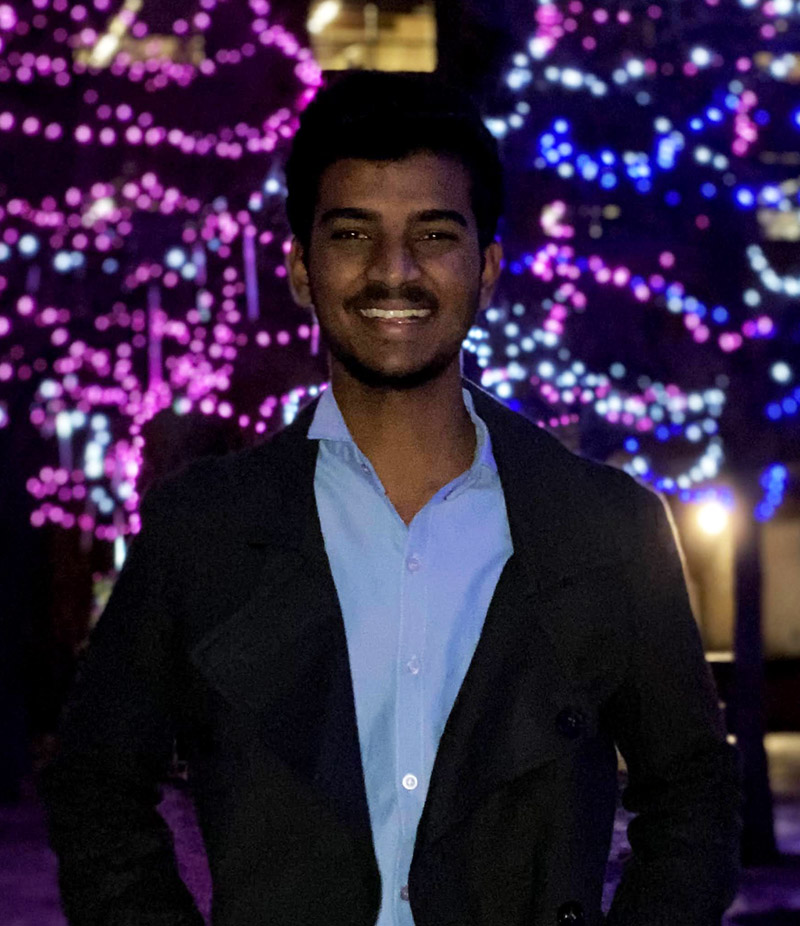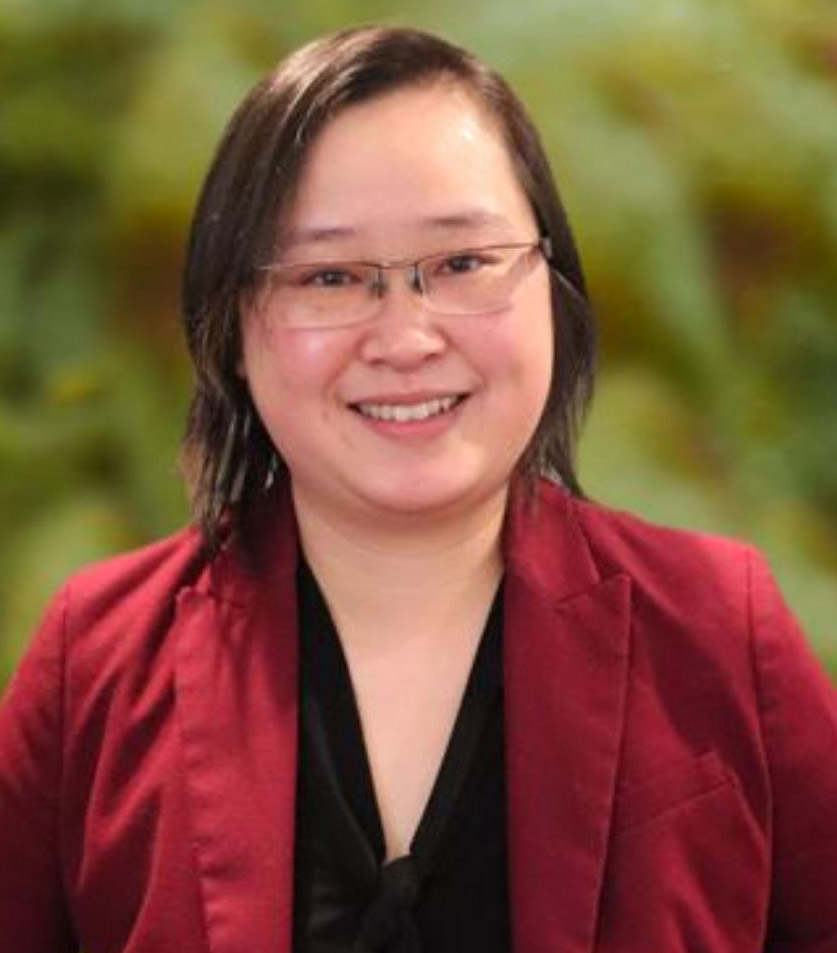Rohit Gupta and Caryn Tong

Rohit Gupta
There are eight teams in the Premier Division of the Manitoba Cricket League. Each of them has an 11-person roster. Rohit Gupta, bowler for the Crescent CC, is therefore one of the 88 best cricket players in all of Manitoba. Considering he was preparing to play for his home country as a 17-year-old, it’s not a stretch to think Rohit is right near the top of the cricket player echelon in his province.
Rohit’s home country is India – population 1.4 billion. He is now in Manitoba, population 1.4 million. Rohit is a student at the University of Manitoba, just beginning the third year of his psychology undergrad. On the hottest day of the year in Winnipeg last year it was 37 degrees. That same day in Agra, India, temperatures reached 49 Celsius. On the coldest day, Winnipeg was 61 degrees colder than New Delhi.
I point out to Rohit that, of all the cities and places he could have gone in Canada, Winnipeg is likely the polar (no pun intended) opposite of India in almost every way. He says that he chose Winnipeg by design. “I was accepted to the University of Toronto, but I knew there was a large Indian community in Toronto. If I leave my country, I want to live with different people. I want to live with a wide diversity of people, so this way I can grow. Also it was cheaper to live here.”

Caryn Tong
Caryn Tong is also an immigrant, also studying psychology, and also drawn to the prairies. “My family is from Hong Kong, but we moved when I was five. So I’ve been here the vast majority of my life. I grew up in Vancouver, then I lived in Saskatoon, and I’m here in Edmonton for now.”
Caryn mentored Rohit through the CPA’s Mentorship Program – speaking to them both I can see there are more similarities than just their passion for psychology and their status as immigrants to Canada’s prairie provinces. They are both measured and precise, both have an easy and natural sense of humour, and their rapport is unforced and natural.
Rohit is a third-year student doing a Psychology Honours Degree at the University of Manitoba – “my professor sent me an email about the CPA Mentorship Program and encouraged me to apply. I thought I’d do so and see if I got a good mentor, and I did, in Caryn! She’s very nice!”
Caryn is a PhD student at the University of Alberta. She says “my classmate was involved in the CPA Mentorship Program last year, and she said it was an interesting experience. Mentoring someone who wasn’t in the same province, but someone who’s on the same journey just a little further from the goal we all have of becoming a psychologist.”
Usually, mentors help mentees with the final stages of their undergrad. Where and how to apply for a graduate program, how to navigate the system, that sort of thing. With Rohit and Caryn it is a little bit different, because Rohit was in his second year and needs assistance with other things at the moment. He says,
TAKE FOUR WITH ROHIT GUPTA AND CARYN TONG
You can listen to only one musical artist/group for the rest of your life. Who is it?
Caryn: It’s really hard to decide but maybe Lady Antebellum. I like country music, I like that the songs tell stories, and I don’t think I would get sick of that. Wait – can I change my answer to ABBA? You can dance to them, and they have stories as well. It’s ABBA.
Rohit: Arijit Singh, I would listen to him every day.
Favourite quote
Rohit: from Van Gogh: “Whatever is done in love is done well.”
Caryn: “As I have loved you, you must love one another.” – the Bible
If you could spend a day in someone else’s shoes who would it be and why?
Rohit: The prime minister of India, Narendra Modi. I want to see how things work at that national level. They always talk about so many things and they don’t do it. I just want to know why they don’t do it after committing to it. I’m curious about the factors involved in making big decisions.
Caryn: I want to see someone who’s very opposite of me, in terms of how my brain works. Like, I’m a very words-person, so I’d like to be in the brain of someone who sees more in images. Maybe some kind of artist or architect.
If you could become an expert at something outside psychology, what would it be?
Caryn: Dog behaviour. I’d love to know what goes on in their heads, and to be able to help them become the best little dogs they can be!
Rohit: Physiotherapy. I would love to work with sports people and help them to reduce their pain.
“I have questions about my writing ability, so I send my essays to Caryn to review. And she sends me back ways I can improve in this area. Last meeting we talked about what I should start doing right now to become a good psychologist in the future, so she suggested some skills I could start working on today.”
Says Caryn, “I wish that someone had told me these kind of things when I was starting out. What are the ways I could have prepared beforehand? Like, getting involved in research studies, or building and maintaining connections with professors. Rohit was already doing a lot of this stuff, but there are many logistical things you don’t think of when you apply to school.”
Both have clearly defined career goals – though Caryn says it took her a lot longer to have career path in mind than it did for Rohit.
“I liked the idea of understanding people. I’ve always done volunteer work with children and teenagers, and I realized psychology was interesting because I could understand how people think and work. I have a double major in English Literature and Psychology, but I have always thought that psychology was so practical. I enjoyed learning about how people work and interact. I have a special interest in working with trauma and cross-cultural themes. Being an immigrant myself, I know the challenges of coming into a new country where even your parents don’t really understand the culture and the changes. I’ve experienced it where the teachers don’t understand. But I’m hoping that changes, and I think it has over the last number of years, but I’m not convinced we’re there. I think that even in our profession as psychologists there’s a much greater awareness, but I still think we’ve got a long way to go.”
Rohit developed his interest for psychology and his drive to succeed in India. “My high school teacher was very passionate about psychology. When I graduated high school I came to Canada to pursue psychology. I started working with children who had autism, and that really interested me. It showed me what I wanted to do – working with children who have mental health problems. As Caryn says, it’s an emerging field, and I started this career because I have seen many people in my country who are facing mental health crises, but they don’t have the resources to support all the different problems. So right now, I’m trying to collect experiences. Working with children, working with the elderly.”
When asked if she could spend a day in the head of anyone in the world, Caryn says she is searching for her opposite; “I want to see someone who’s very opposite of me, in terms of how my brain works. Like, I’m a very words-person, so I’d like to be in the brain of someone who sees more in images. Maybe some kind of artist or architect.”
She has not found her opposite in Rohit. Rather, she has found a kindred spirit undertaking the same journey in similar circumstances as she herself did. And one who is also searching for diametrically opposed experiences to their own. Like being an elite cricket player, who moves to Winnipeg!
